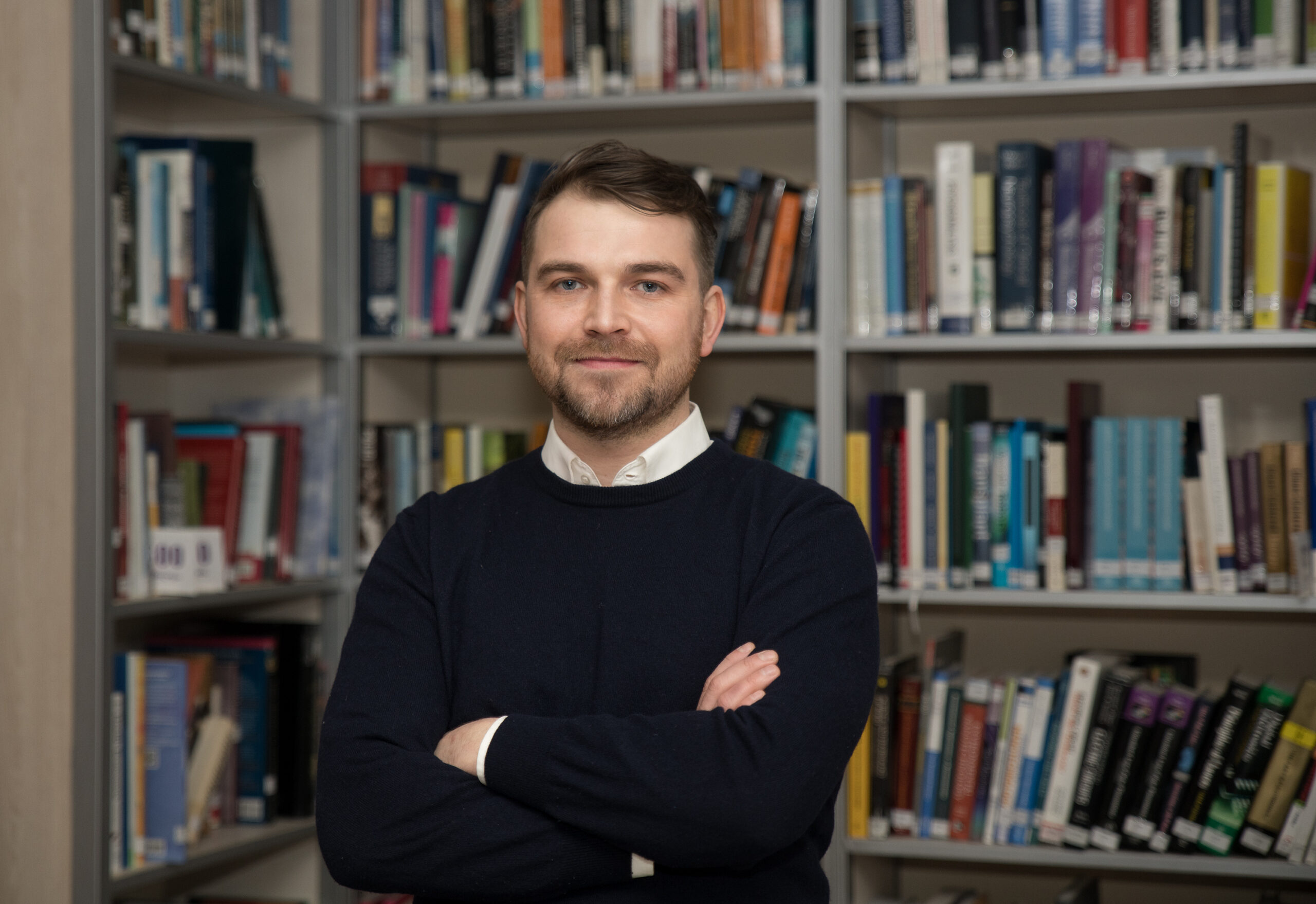
Direction: Global History
Position: Associate Professor
Tilmann Kulke is an Associate Professor for Islamic and Global History and primarily interested in the narratological analyses of premodern Islamic texts and the history of multiple globalizations. Here, he focuses on the Mughal Empire and early modern Georgia, in order to retrace the multi-layered connections between both of these fascinating cultures (roughly between 1300-1800) and to position Georgia and the Caucasian regions in a more global and comparative perspective. His current research project on enlightened and structural reforms in Georgia, c. 1750-1830, organized together with his colleagues at Ilia State University, gets founded by the Rustaveli Foundation from 2023 onwards. Additionally, he has been working as a special editor at www.sehepunkte.de within the field of Islamic and early modern global history since 2010.
Between 2003 and 2010, Tilmann Kulke studied Islamic studies, early modern history and Anglo-American history at the universities of Cologne and Bonn, Dogus Universitesi Istanbul (2008) and the German Historical Institute Paris (2009). Between 2003 and 2007 he studied Arabic under the one and only Ali Almakhlafi in Damascus, switching between Cologne and Damascus, and defended his Phd-thesis in 2016 at the European University Institute in Florence. He then took a job at the DAAD-scholarship programme for Syrian refugee students and finally moved the following year, together with his family, to Tbilisi.
His current book-projects include “Narrative Strategies for India in Transition” (Berlin: EBV-Verlag, 2023). Together with the Narratology-Squad in Bonn, the team of authors analyzed the diverse – and often striking similar – narrative strategies of travel and fictional reports on India during the long nineteenth century.
Together with Nino Doborjginidze and Oliver Reisner, he recently published Sebastian Conrad’s “What is Global History?” (Princeton: Princeton University Press 2016) into Georgian [Sebast’ian K’onrad, Ra aris Globaluri Ist’oria? Tbilisi: Ilias Universit’et’is Gamomtsemloba, 2023].
Together with Irene Maria Vicente Martín, he brought together 20 articles and essays of leading and emerging scholars within the field of early modern global history, in order to honor his doctoral father Jorge Flores and his productive working period at the EUI “From Florence to Goa and Beyond. Essays in Early Modern Global History” (Florence: European University Institute Press, 2022). Beside several articles in edited volumes and journals, he published 28 Reviews in different review Journals dealing with topics such as Islamic history and culture, global history and international relations of the Middle East since 1800.
Outside academia, he is a constant seeker for alternative and innovative methods to teach German to his young Georgian students, in order to reach at least B1 and to support them in finding long-term scholarships in Germany and abroad. He is on parental leave until October 2023.
Languages: German, English, French, Italian, Arabic, Turkish, Persian, Latin, Georgian (beginner)
Books
Special-Issues
Selected articles in edited volumes, journals and Encyclopedias
Reviews:
Understanding Global History (ENG); History, Politics, and Culture of Islam; A Global History of the 19th-Century. The Transformation of the World(ENG)
The Global History from 1914 until 2000; Understanding Global History (ENG); Understanding Islam. History, Politics and Culture (ENG)